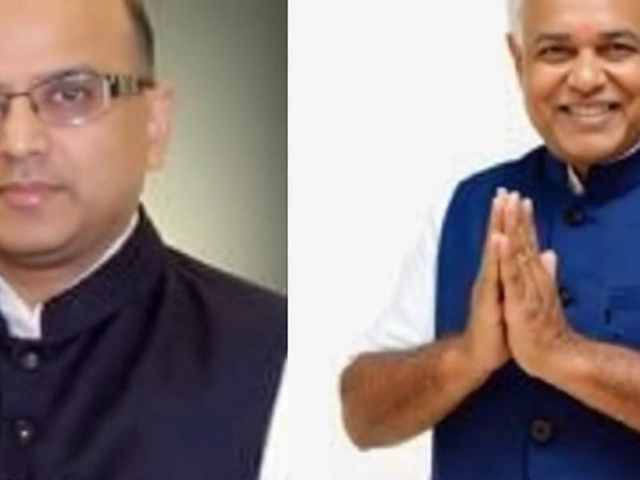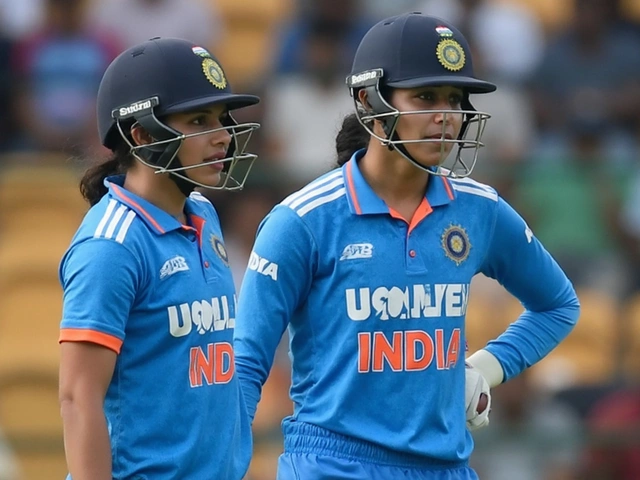Leftover Men: What the Term Means and Why It Matters
Ever heard someone say “leftover men” and wondered what the fuss is about? It’s a phrase that pops up in news, memes, and everyday talk, especially when people discuss age, marriage, or dating. In simple words, it describes men who, for whatever reason, are still single past a culturally expected age. The label can feel harsh, but understanding it helps you see why it matters.
Understanding the Term
Historically, many societies set a timeline for marriage and family. When a man doesn’t fit that timeline, media or friends might call him “leftover.” The label isn’t about his worth; it’s more about the pressure to follow a set path. Often, the term comes with assumptions – that he’s unlucky, less successful, or even undesirable. In reality, there are countless reasons: focusing on a career, personal choice, past relationships, or simply not meeting the right person yet.
It’s also worth noting that the phrase can be gender‑biased. Women face similar expectations, yet the conversation around them often sounds different. Recognising this double standard helps you question the language rather than accept it at face value.
How It Impacts Everyday Life
Being tagged as a “leftover man” can affect self‑esteem. If friends keep teasing or family keeps asking, “When are you getting married?”, the pressure builds. Some men might start dating just to prove they can, while others withdraw and avoid relationships altogether. Both reactions can lead to unhealthy patterns.
On the flip side, the label can spark positive change. Many men use the spotlight to reflect on what they really want – a partner, a career, or personal growth. They might try new hobbies, improve social skills, or simply learn to be comfortable being single. Turning the pressure into motivation can be a game‑changer.
For those around “leftover men,” the best move is to listen without judgment. Offer support, share experiences, and avoid pushing a timeline. Simple actions like inviting them to social events or asking about their goals can make a big difference.
Ultimately, the term is just a label. What matters is how you define your own path. Whether you’re 30, 40, or 50, you decide when and how to build relationships. Ignoring the hype and focusing on personal fulfillment leads to a healthier outlook for everyone involved.
So next time you hear “leftover men,” remember it’s a social tag, not a verdict. Use it as a chance to talk openly about expectations, challenge stereotypes, and support each other in the journey toward a life that feels right.
How is the life of leftover single men in India?
In my exploration of the lives of leftover single men in India, I've found it to be a complex and often misunderstood experience. These men, primarily due to societal expectations and traditional norms, face immense pressure to marry and start families. Many grapple with feelings of loneliness, inadequacy, and the stigma of being single. However, there's also a growing acceptance and adaptation to singlehood, with men finding fulfillment in their careers, friendships, hobbies, and personal growth. Despite the challenges, many single Indian men remain resilient, carving out their own paths amidst societal pressures.





